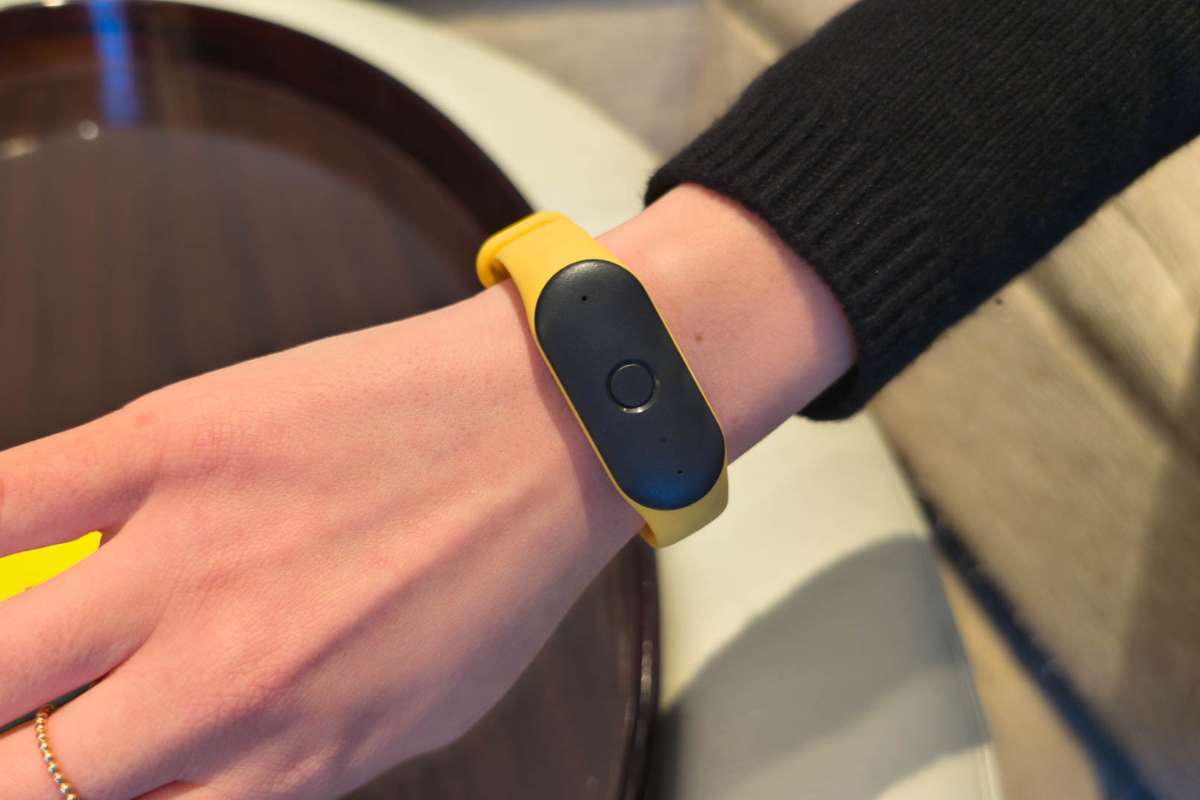Amazon is making a calculated leap back into the Ai wearables tech market with its agreement to acquire Bee, a San Francisco–based startup specializing in AI-powered wristbands that passively record and transcribe spoken conversations. The acquisition, confirmed via a LinkedIn post by Bee’s co-founder and CEO Maria de Lourdes Zollo and acknowledged by Amazon, is signed but not yet finalized.
Bee’s flagship device, priced at $49.99, resembles a smartwatch and uses dual microphones to capture continuous audio. Unlike traditional voice assistants, it doesn’t wait for a command; instead, it passively listens, transcribes speech on-device, and summarizes interactions into reminders, to-do lists, and searchable logs. The system syncs with a companion app, integrating calendar events, locations, photos, and emails to deliver smart, contextual insights.
Amazon’s Strategic AI Shift and Industry Landscape
This move signals a strategic re-entry into Ai wearables for Amazon, following the discontinuation of its Halo fitness bands in 2023. Bee aligns with Amazon’s broader vision to embed generative AI into personal technology, moving beyond wake-word-based devices like Alexa to proactive, intelligence-driven experiences.
The deal places Amazon alongside competitors like OpenAI (which recently acquired a consumer hardware firm led by ex-Apple designer Jony Ive), Meta (whose Ray-Ban smart glasses have crossed 2 million sales), and Google, integrating AI models like Gemini into earbuds and phones.
Though It had only raised about $7 million in venture capital, the acquisition marks a deeper push into personal AI. Industry watchers expect Its technology to fold into Amazon’s Devices team, now led by former Microsoft executive Panos Panay, where it could power the next generation of ambient computing tools.
Privacy Questions Loom as Amazon Enters New Territory
While Bee emphasizes that it does not store raw audio, privacy concerns remain front and center. The wristband stores transcribed text and allows users to mute the device manually. Future updates may include location- or context-based recording controls, and Bee reportedly plans to keep all audio processing local to the device to minimize cloud data usage.
Critics, however, remain skeptical. Some early testers, as noted by Tom’s Guide and The Verge, raised concerns about the constant monitoring and potential “creepiness” of wearing an always-on microphone. There were also instances where the device mistakenly interpreted media sounds as user speech, raising doubts about the tech’s reliability.
Despite these concerns, Amazon has reiterated its commitment to privacy and user control. All of its employees have reportedly been offered positions at Amazon, and the tech giant has promised to uphold the startup’s core privacy principles as the integration proceeds.
Amazon’s acquisition of Bee could redefine how users interact with AI on a daily basis—making intelligent, always-listening ai wearables more accessible. But with this innovation comes heightened scrutiny. Whether the move becomes a transformative milestone or faces pushback will depend on how Amazon balances utility, transparency, and trust in the age of ambient AI.






